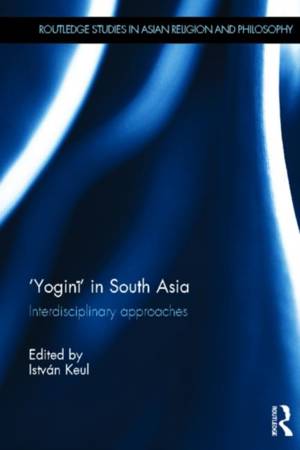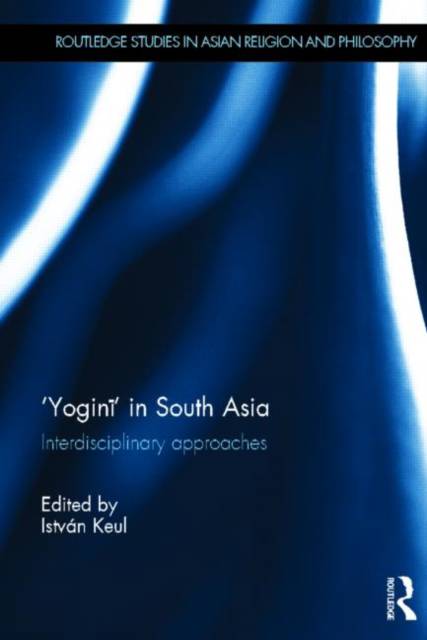
- Afhalen na 1 uur in een winkel met voorraad
- Gratis thuislevering in België vanaf € 30
- Ruim aanbod met 7 miljoen producten
- Afhalen na 1 uur in een winkel met voorraad
- Gratis thuislevering in België vanaf € 30
- Ruim aanbod met 7 miljoen producten
'Yogini' in South Asia
Interdisciplinary Approaches
Omschrijving
In different stages in the history of South Asian religions, the term yoginī has been used in various contexts to designate various things: a female adept of yoga, a female tantric practitioner, a sorceress, a woman dedicated to a deity, or a certain category of female deities. This book brings together recent interdisciplinary perspectives on the medieval South Asian cults of the Yoginis, such as textual-philological, historical, art historical, indological, anthropological, ritual and terminological.
The book discusses the medieval yoginī cult, as illustrated in early Śaiva tantric texts, and their representations in South Asian temple iconography. It looks at the roles and hypostases of yoginīs in contemporary religious traditions, as well as the transformations of yoginī-related ritual practices. In addition, this book systematizes the multiple meanings, and proposes definitions of the concept and models for integrating the semantic fields of 'yoginī.'
Highlighting the importance of research from complementary disciplines for the exploration of complex themes in South Asian studies, this book is of interest to scholars of South Asian Studies and Religious Studies.
Specificaties
Betrokkenen
- Uitgeverij:
Inhoud
- Aantal bladzijden:
- 256
- Taal:
- Engels
- Reeks:
Eigenschappen
- Productcode (EAN):
- 9780415625227
- Verschijningsdatum:
- 5/07/2013
- Uitvoering:
- Hardcover
- Formaat:
- Genaaid
- Afmetingen:
- 157 mm x 236 mm
- Gewicht:
- 498 g

Alleen bij Standaard Boekhandel
Beoordelingen
We publiceren alleen reviews die voldoen aan de voorwaarden voor reviews. Bekijk onze voorwaarden voor reviews.










